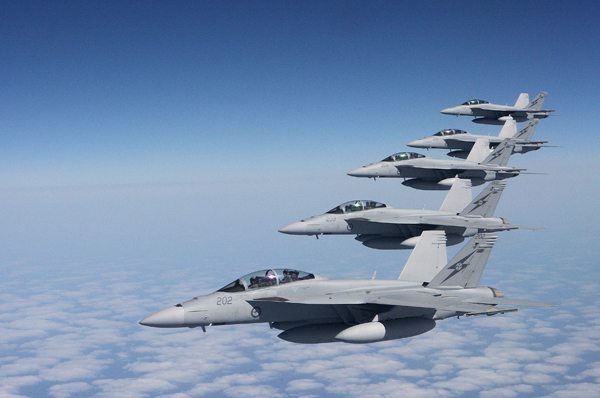As Secretary of State Hillary Rodham Clinton visits Libya today to reaffirm U.S. support for the country’s transitional government, NATO officials emphasized that the mission there, while nearing completion, isn’t over.
“It is premature to set a timetable now” for ending Operation Unified Protector, NATO deputy spokeswoman Carmen Romero told reporters in Brussels.
“We are very close to the end, but there are still threats to the population,” she said. “And as long as these threats persist, we will continue with our operation.”
Ending the mission will be a political decision made by the alliance’s North Atlantic Council after “a careful and comprehensive political analysis” of the situation on the ground, Romero said.
NATO will coordinate with both the Libyan National Transitional Council and United Nations in making the decision, she said, by weighing threats to the civilian population and the council’s ability to provide protection.
Meanwhile, NATO’s military spokesman for the operation reported on the advancing capabilities of the Libyan council’s forces. Col. Roland Lavoie of the Canadian army emphasized, however, that NATO remains committed to fulfilling its mandate in Libya and will intervene as necessary to enforce it.
“There should be no doubt that NATO remains ready to engage, using all necessary force against military assets that may represent a significant threat against civilians in Libya,” he said. “Our mission may well be near completion, but we will maintain a strong, vigilant posture until relieved of our duties.”
Clinton arrived in the Libyan capital of Tripoli today to meet with Transitional National Council President Mustafa Abdel-Jalil and pledge additional support as Libya forms its new government.
Clinton is the most senior U.S. official to visit Libya since the uprising against strongman Moammar Gadhafi began in February.











